Published in the Sunday Indian Express Magazine - Eye on 11 August, 2024
Let’s find out how a simple cup of coffee or tea can transport you into the heart of a culture
I love my coffee. There is something about that first sip in the morning that jumpstarts my day, filling me with warmth and energy. Over the years, my appreciation for coffee has grown beyond just the routine of brewing a cup to savouring it. It has become a way to connect with the cultures and traditions of the places I visit.
The first time I was exposed to a truly unique coffee experience was in Vietnam, where I discovered the intriguing world of egg coffee. This delightful concoction combines strong, dark coffee with a creamy, frothy mixture of egg yolk and sweetened condensed milk. Served hot or cold, egg coffee is a testament to Vietnamese innovation and creativity. Sitting in a cozy caf in Hanoi, I was captivated by the rich flavours and textures, realising that coffee can be more than just a drinkit can be an experience that tells a story about a place and its people.
This experience opened my eyes to the diverse ways coffee, and along with it tea, can be enjoyed around the world. As I travelled to different countries, I found that coffee and tea are integral to understanding local cultures, each offering a unique glimpse into the traditions and customs that shape daily life. From bustling markets in Istanbul to serene tea gardens in Kyoto, these beverages are often at the heart of social interactions, rituals, and ceremonies.
So today, I wanted to talk about coffee and tea. So let's explore some of the world’s most unique coffee and tea experiences and go on a journey to discover the rich variety of flavours, aromas, and traditions that define these beloved beverages.
The Birthplace of Coffee: Ethiopia
Ethiopia is considered the birthplace of coffee, where the rich aroma and complex flavours are celebrated through the traditional Ethiopian coffee ceremony. This ritual is not just about drinking coffee; it's a social and cultural experience that emphasises hospitality and community. As you participate in the ceremony, you witness the process of roasting green coffee beans over an open flame, grinding them by hand, and brewing the coffee in a traditional pot called a ‘jebena.’
The ceremony often takes place in a home or communal setting, inviting guests to engage in conversation while savouring the freshly brewed coffee. The ceremony's sensory elementsthe sight of the coffee beans roasting, the smell of their rich aroma, and the sound of the coffee boilingcreate a captivating experience that invites you to appreciate the artistry and tradition behind Ethiopian coffee culture.
Colombia’s Coffee Triangle
Nestled in the Andean region of Colombia, the Coffee Triangle is renowned for its lush landscapes and fertile lands that produce some of the world's finest coffee. Visiting this region offers an opportunity to delve into the heart of coffee production, where you can explore coffee farms, or ‘fincas’, and learn about the cultivation and harvesting processes.
A typical coffee tour might include a walk through the plantations, where you will see the vibrant coffee cherries and learn about the meticulous care involved in growing coffee. You will also have the chance to engage with local farmers, who are passionate about sharing their knowledge and love for coffee. Tasting a freshly brewed cup of Colombian coffee amidst the stunning backdrop of the Coffee Triangle is a truly immersive experience that showcases the dedication and expertise of the region's coffee growers.
Italy’s Espresso Culture
In Italy, coffee is more than a beverage - it's a way of life. The espresso culture in Italy is renowned for its intensity and passion, where coffee is enjoyed in its purest form. Italian coffee bars, or ‘caffs’, are vibrant social hubs where locals gather to savour a quick shot of espresso while standing at the bar.
The Italian approach to coffee emphasises simplicity and quality. An espresso is typically served with a small glass of water and is meant to be consumed quickly, allowing the rich flavours to linger on the palate. The unspoken rules of Italian coffee culture dictate that cappuccinos are for breakfast, and espresso is enjoyed throughout the day. This ritual reflects the Italian appreciation for life's simple pleasures, where coffee is both a daily necessity and a cherished tradition.
Turkish Coffee Culture
In Turkey, coffee is an integral part of social life, where it is often accompanied by fortune-telling from the coffee grounds. Turkish coffee is known for its rich, bold flavour and thick, frothy consistency. Prepared in a special pot called a ‘cezve’, it is served in small cups and enjoyed slowly, often in the company of friends and family.
The preparation of Turkish coffee is an art form in itself, with the coffee grounds and water being heated slowly to create a thick foam. The result is a strong, aromatic coffee that leaves a layer of grounds at the bottom of the cup. These grounds are used for ‘Tasseography’, a practice where the patterns left behind are interpreted to reveal the drinker's fortune.
New Zealand’s Caf Culture
New Zealand's caf culture is renowned for its innovative coffee blends and cozy, welcoming atmospheres. Known as the birthplace of the ‘flat white’, a popular coffee drink made with espresso and steamed milk, New Zealand's coffee scene is a haven for coffee lovers seeking new flavours and experiences.
Local cafs in New Zealand are often family-owned establishments that pride themselves on serving high-quality coffee made from locally roasted beans. The emphasis on sustainability and community is evident in the friendly interactions between baristas and customers. Visiting a New Zealand caf is not just about drinking coffee; it's an opportunity to connect with the local culture and enjoy the relaxed, laid-back vibe that defines Kiwi hospitality.
The Elegance of Japan’s Tea Ceremonies
Japan's tea culture is a refined art form that reflects the principles of harmony, respect, and purity. The Japanese tea ceremony, or ‘chanoyu’, is a meditative experience that invites participants to step into a world of simplicity and mindfulness. Every aspect of the ceremony is carefully orchestrated, from the precise preparation of matcha, a powdered green tea, to the deliberate movements of the host.
Participating in a Japanese tea ceremony offers a glimpse into the beauty and grace of Japanese culture. The ceremony takes place in a serene tearoom, where the delicate aroma of matcha fills the air, and the sound of water being poured into the tea bowl adds to the sense of tranquillity. The tea ceremony is not just about drinking tea; it's an opportunity to experience the aesthetic and spiritual elements that define the Japanese way of life.
Hong Kong’s Ancient Tea Houses
Hong Kong’s tea culture is steeped in history, with tea houses serving as places of relaxation, conversation, and cultural exchange. In these traditional tea houses, the art of tea brewing is elevated to a fine craft, with tea masters preparing various types of tea using ancient methods.
Participating in a tea-tasting session in Hong Kong is an exploration of flavours and aromas, where each type of tea, from delicate white teas to robust ‘pu-erh’, offers a unique sensory experience. The practice of tea appreciation is a reflection of Chinese culture’s emphasis on balance and harmony, inviting visitors to slow down and savour the moment.
Morocco’s Mint Tea Rituals
In Morocco, mint tea, or ‘atay’, is a symbol of hospitality and friendship. The preparation of mint tea is a ceremonial act, where green tea is steeped with fresh mint leaves and sugar, then poured from a height to create a frothy top. This pouring technique is both an art and a practical way to mix the tea and cool it slightly before drinking.
Moroccan mint tea is typically enjoyed in the company of others, with multiple rounds being served in small glasses. The act of sharing tea is a gesture of warmth and welcome, inviting guests to relax and engage in conversation. The refreshing taste of mint tea, combined with the intricate beauty of Moroccan tea glasses, creates an experience that is both visually and sensorially captivating.
Coffee and tea offer unique ways to explore the world, providing insights into the local cultures, traditions, and stories of the places they come from. These beverages have the power to connect us with locals, each cup offering a journey into the heart of its origin. Have you experienced any unique ones? I would love to hear about them! Write to me at neil@veenaworld.com to share your stories.
And now that we are talking about coffee, let me end with a question: Do you know how coffee came to India? I have done a Know the Unknown episode on it! Scan the QR code to find out more. Until next time, keep celebrating life!






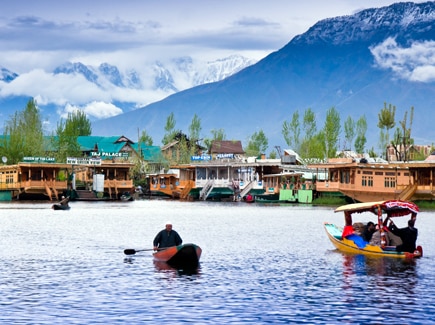
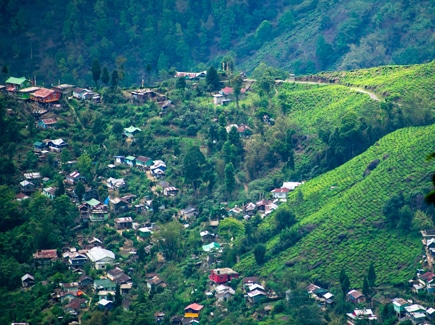
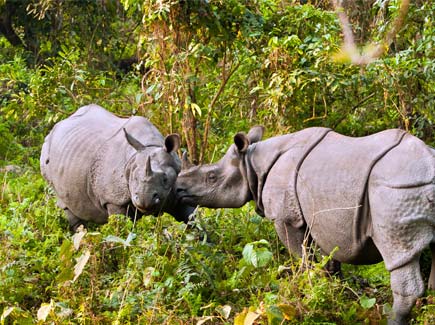

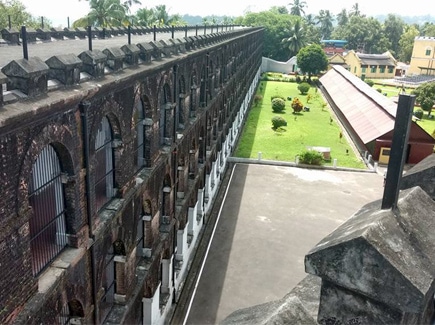



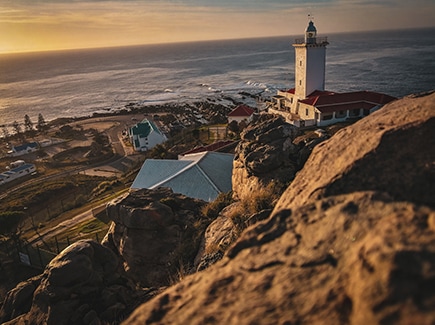









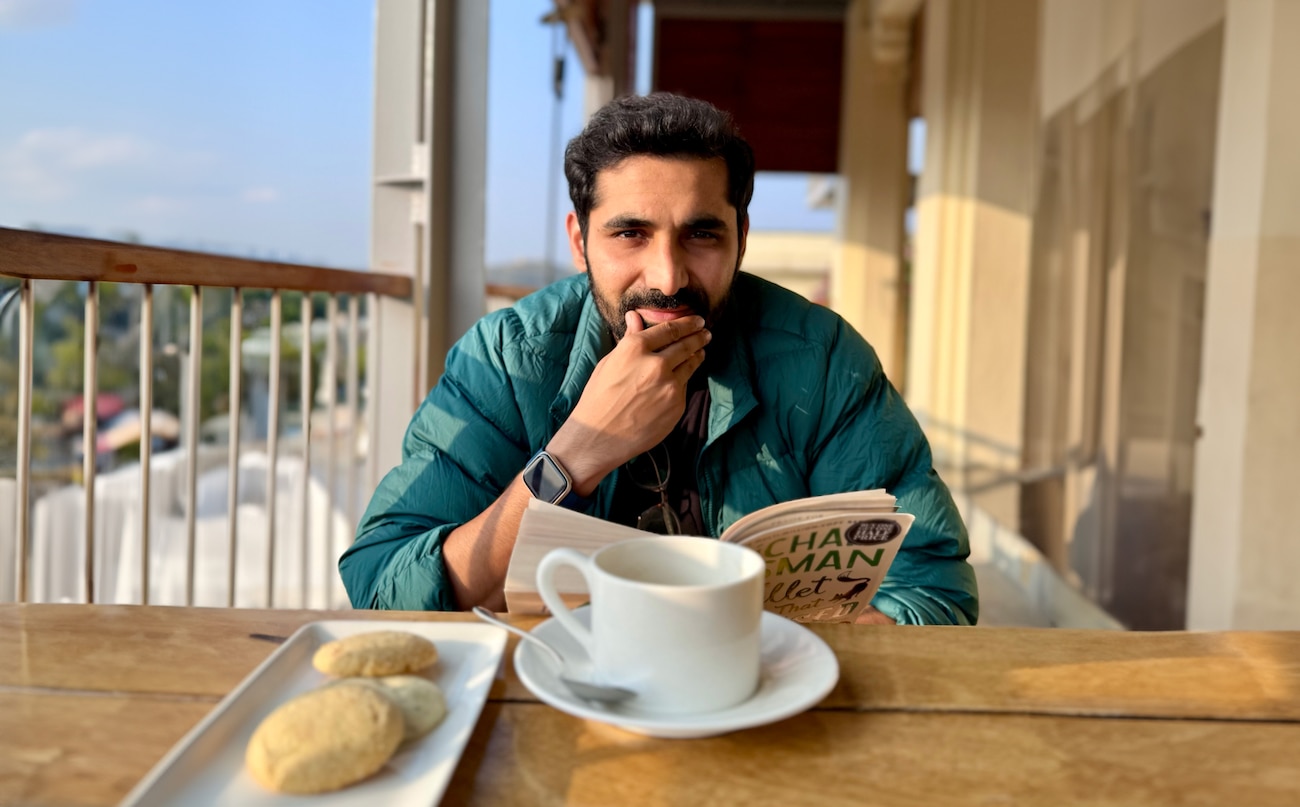





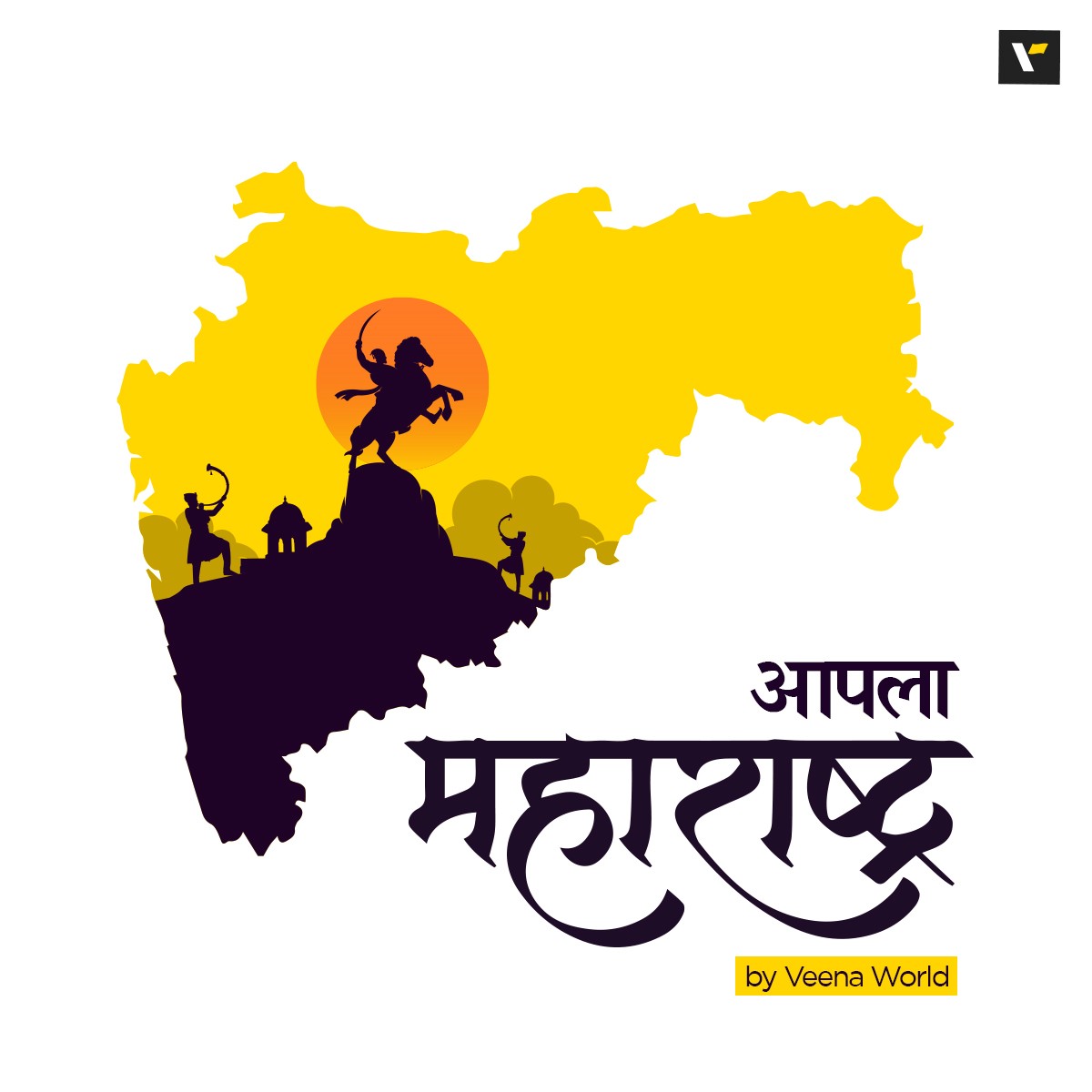


























Post your Comment
Please let us know your thoughts on this story by leaving a comment.